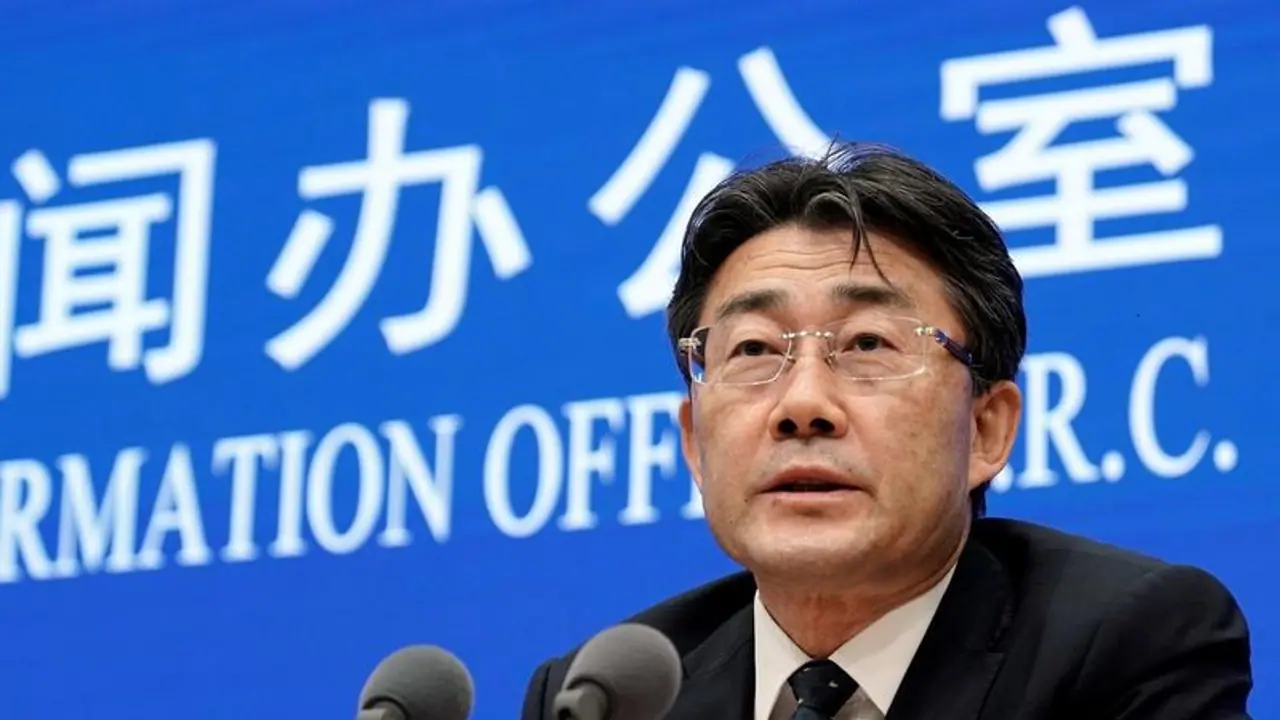In a rare admission of the weakness of Chinese coronavirus vaccines, the country’s top disease control official says their effectiveness is low and the government is considering mixing them to get a boost.
Beijing: China's top disease control official has said the country is formally considering mixing Covid-19 vaccines, as a way of further boosting vaccine efficacy.

Available data shows Chinese vaccines lag behind others including Pfizer and Moderna in terms of efficacy, but require less stringent temperature controls during storage.
Chinese vaccines “don’t have very high protection rates,” said the director of the China Centers for Disease Control, Gao Fu, at a conference Saturday in the southwestern city of Chengdu.
Beijing has distributed hundreds of millions of doses abroad while trying to promote doubt about the effectiveness of the Pfizer-BioNTech vaccine made using the previously experimental messenger RNA, or mRNA, process.
“It’s now under formal consideration whether we should use different vaccines from different technical lines for the immunization process,” Gao said.
A Covid-19 vaccine developed by China's Sinovac was found to have an efficacy rate of slightly above 50% in Brazilian clinical trials. A separate study in Turkey said it was 83.5% effective.
No detailed efficacy data has been released on vaccines made by China's Sinopharm. It has said two vaccines developed by its units are 79.4% and 72.5% effective respectively, based on interim results.
Officials at a news conference Sunday didn’t respond directly to questions about Gao’s comment or possible changes in official plans. But another CDC official said developers are working on mRNA-based vaccines.
“The mRNA vaccines developed in our country have also entered the clinical trial stage,” said the official, Wang Huaqing. He gave no timeline for possible use.
Experts say mixing vaccines, or sequential immunization, might boost effectiveness. Researchers in Britain are studying a possible combination of Pfizer-BioNTech and the traditional AstraZeneca vaccine.
Vaccines made by two state-owned drug makers, Sinovac and Sinopharm, have been exported to 22 countries including Mexico, Turkey, Indonesia, Hungary, Brazil and Turkey, according to the foreign ministry.
